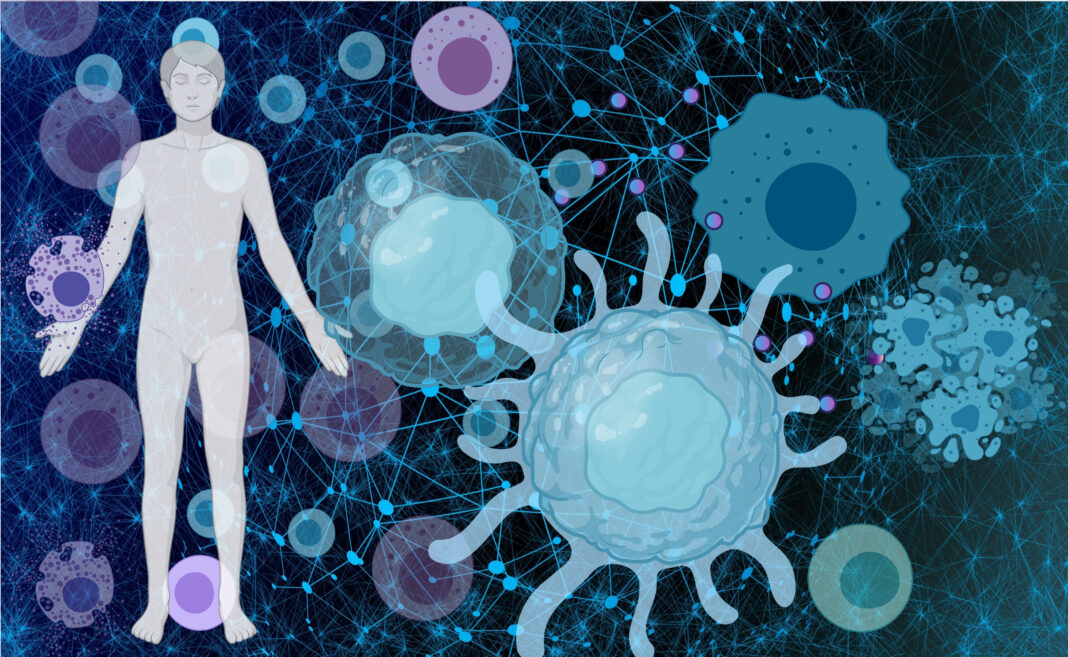Cancer is a worldwide burden and is a leading cause of death, accounting for nearly 10 million during the last year. The name of this disease is generic and refers to many types of cancers that can affect tissues and organs in different ways. In general terms, cancer is a rapid development of abnormal cells that grow out of their tissues, spreading and invading other organs.
Since the prevalence of this disease, many efforts are being phased into developing therapies that target abnormal cells. After chemotherapy, and radiation, new treatments are focusing on using immunotherapies, therapies that strengthen the power of the patient’s immune system to attack tumors. One of these treatments, T-cell therapy, relies on the natural function of these cells against pathogens and foreign substances in the body. These are specific types of immune cells or leukocytes (white blood cells). In the lab, they can be modified to fight cancer—destroying abnormal cells.
A new promising treatment
Following the idea of using the patient’s immune system, researchers from the Stem Cell Research Laboratory at the Immunotherapy Research Center in Korea developed a new strategy using a different type of immune cells or natural killer cells (NK). In their recently published paper in Nature, Dr. Cho and colleagues showed they can reprogram other types of cells and transform them into killer ones.
Natural killer cells belong to the same family as the T-cells. They are lymphocytes that develop from a progenitor cell or a mother cell and their function is to attack pathogens and also to secrete cytokines, specific molecules that act on other types of immune cells to enhance their response. The principal sources of these cells include our blood, umbilical cord blood, and bone marrow.
In their study, researchers took pluripotent cells, like stem cells, from the placenta and umbilical cord, and cultured them in a medium enriched with the chemical environment they need to fully develop in killer cells. After a complete differentiation—a process that allows cells to mature and specialize in their function—the researchers tested the functional effect of these cells, transplanting them into mice with tumors. These cells were even more effective than the ones already produced by the body.
Surprisingly, the team was able not only to develop killer cells from somatic ones but also they were able to reduce the size of the tumors in mice with reprogrammed killer cells showing their effectiveness.
Despite the efficacy of T-cell therapy, this treatment has the limitation of being restricted to specific types of cancers. Dr. Cho and colleagues’ novel approach could treat different cancers, specifically solid tumors that were more difficult to attack with other treatments. The direct reprogramming of human somatic cells into killer cells will allow the production of these cells from the own patient and from donors, facilitating the design and testing of cancer immunotherapies and combination therapies.
References
Kim, HS., Kim, J.Y., Seol, B. et al. Directly reprogrammed natural killer cells for cancer immunotherapy. Nat Biomed Eng (2021). https://doi.org/10.1038/s41551-021-00768-z
Philipp Eissmann, Natural Killer Cells, British Society for Immunology.
Illustration by Sofía Polcowñuk






[…] post Little Cancer Exterminators: Natural Killer Cells From Our Bodies, a New Treatment for Fighting Canc… first appeared on United Academics […]